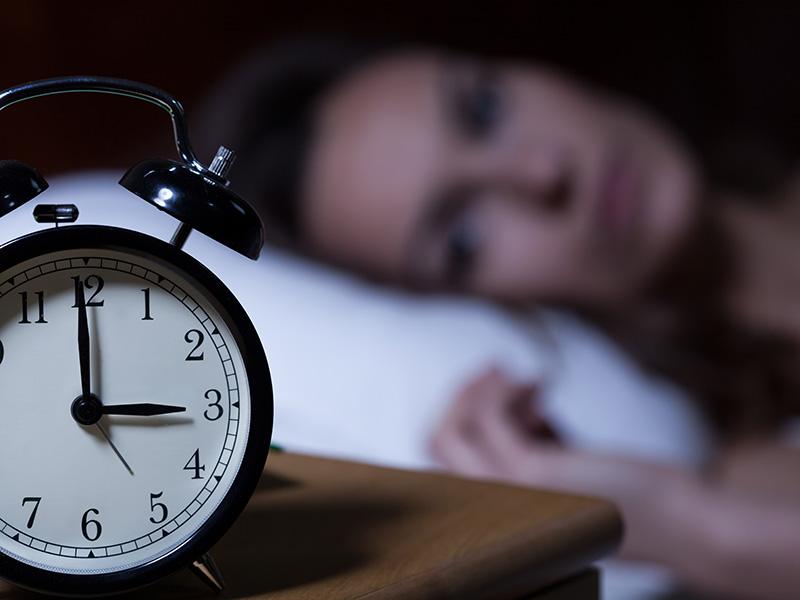5 tips for getting better sleep
The uncertainty, fear and anxiety associated with the major disruptions in 2020—from the pandemic to natural disasters to civil unrest and election anxiety—mean it’s never been harder, or more important, to get a good night’s sleep.
Associate Professor Tonya Hansel, director of the PhD program at the School of Social Work and an expert in disaster mental health and trauma, recently spoke with Tulane University’s new podcast On Good Authority to explain the impact that 2020 has had on people’s ability to cope with all of the challenges facing them and how that can affect sleep.
Hansel noted that responses to other disasters have shed light on sleep needs.
“In these periods of high stress and high anxiety, our bodies need more sleep in order to be able to handle the unexpected, the unpredictable, being able to problem solve, in a world that is very unknown,” she said.
Hansel said it’s important to let your brain quiet down, but it can also be very difficult. When it comes to getting a good night’s sleep, recognize the process of listening to your body and figuring out and coming up with solutions that will work for what you're going through:
- Wind down without screens. In the hour leading up to bedtime, avoid screen time. Hansel said especially right now, when news is breaking around the clock, reading headlines right up until you tell your body, “Oh, it's time to go to sleep now,” probably isn't going to help you drift off. Your brain goes into thinking mode, and pursues problem-solving and asking all of those what-if questions that should be avoided when you’re trying to quiet your brain and let your body relax.
- Keep a journal at your bedside. If to-do list tasks or ideas you don’t want to forget prevent you from quieting your brain, keep a journal on your nightstand so you can write them down and then set it aside without worrying you’ll forget about it tomorrow.
- If you can’t fall asleep, get up. If you find yourself lying in bed for an extended time without falling asleep, get up and try something else: yoga, meditation, sudoku. Go back to bed only when you feel sleepy, not just bored.
- Try something else. What helped you get to sleep in 2019 may not work for you in 2020. Try incorporating different techniques to see what works for you now, from cutting caffeine to incorporating meditation into your routine. If something isn’t working, experiment to find a different solution.
- Small steps = big wins. When incorporating new, healthier sleep habits, routine is important to figure out what works for you. Small, positive changes over even a couple of nights a week can greatly impact the quality of sleep you’re getting. Hansel noted, “If you can manage to do this four nights a week, that's pretty successful — we don't need to think of good sleep hygiene as all or nothing.”
Click here to listen to the full discussion and all of Hansel’s tips for getting a better night’s sleep.

